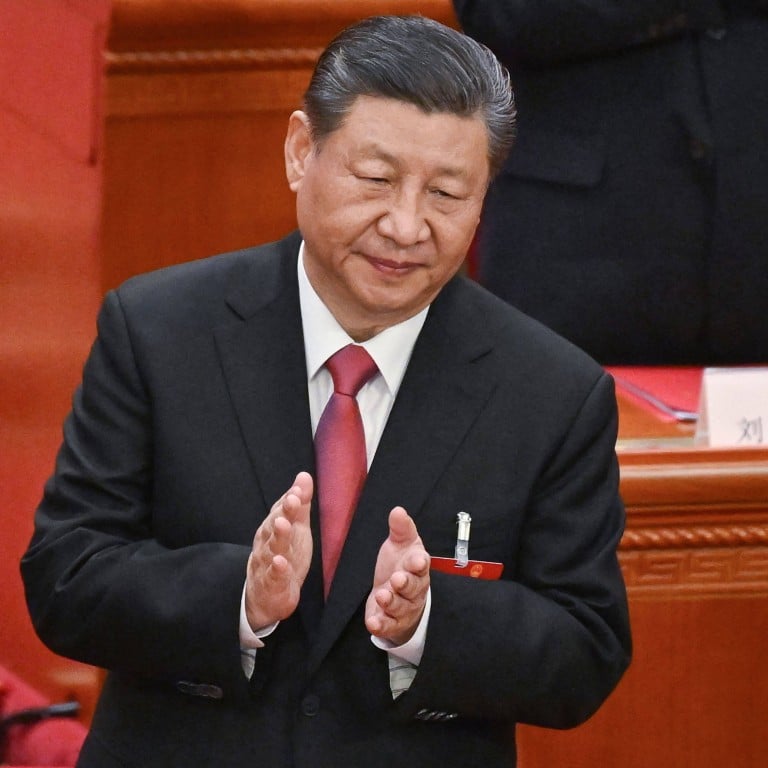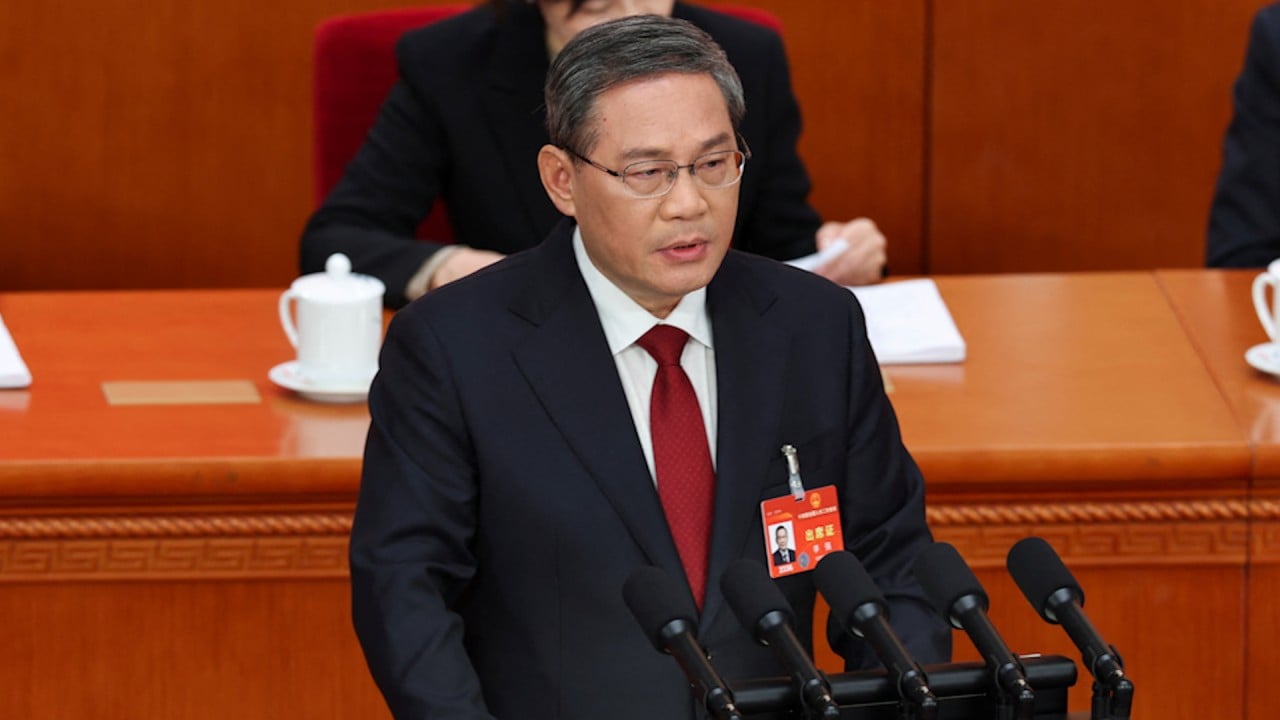
China’s central bank keeps ‘cautious’ in bond trade despite Xi Jinping’s mandate
- Though President Xi Jinping has instructed China’s central bank to buy and sell government bonds, the institution is likely to be modest in doing so
- Analysts say bank wants to avoid large-scale intrusion into bond markets, prevent perceptions of quantitative easing or heavy-handedness
Despite instructions from President Xi Jinping to resume the trading of central government bonds, China’s central bank is expected to take a cautious approach to mitigate unexpected consequences for inflation and the exchange rate, analysts said.
The instruction, only made public earlier this week with the release of a new book, fuelled feverish speculation over an aggressive easing of monetary policy.
The flurry of conjecture comes at a time when many observers are questioning whether China can achieve its 5 per cent target for economic growth this year while boosting the confidence of a sluggish private sector, resolving a crisis in the property market and handling the hefty debt loads of local governments.
The macro policy tone in 2024 is supportive but modest in scale
Analysts said the president’s demand does not necessarily imply China will enter a round of quantitative easing (QE) in a similar fashion to Western central banks.
“It doesn’t mean that China is going to launch QE or roll out a major stimulus. The macro policy tone in 2024 is supportive but modest in scale,” said Wang Tao, head of Asia economics and chief China economist at UBS Investment Bank, in a note published on Thursday.
Risk versus reward unattractive: China seen unlikely to cut major policy rate
“It requires the money supply to be more precise and rational. The central bank’s resumption of trading treasury bonds will be more cautious, taking into account expectations of inflation and impact on foreign exchange rates,” Huatai Securities said in a research note on Thursday.
“The central bank’s purchase of government bonds is not equivalent to QE,” Huatai Securities said. “Especially given that China’s central bank still retains ample room for normal monetary policy operations, quantitative easing is far from applicable.”
According to the PBOC’s balance sheet at the end of February, its holdings of central government bonds stood at 1.52 trillion yuan (US$210.2 billion), 3.4 per cent of the central bank’s total assets.
That share is far below the equivalent holdings of its major economy peers – 61 per cent in the US Federal Reserve, 78 per cent in the Bank of Japan and 58 per cent in the European Central Bank. Those three institutions have made frequent use of QE policy in economic and financial crises, boosting their balance sheets by buying long-term bonds or mortgage-backed securities to keep interest rates at low or negative levels and maintain credit demand.
But QE has also been deemed by some economists as a means of monetising government debt and undermining the independence of central banks. Others have gone so far to suggest ending QE can itself be a threat to financial stability.
Wang of UBS also said China’s policy intention is more about expanding the options and increasing the flexibility of the central bank in managing liquidity.
“The central bank needs more flexibility in managing liquidity and more tools to expand its balance sheet and the government bond market is deeper than before, which makes PBOC trading central government bonds and even local government bonds more necessary and feasible than before,” she said.
Dongwu Securities said in a note on Thursday that central banks in the US and Japan usually started large-scale treasury bond purchases “under obvious macroeconomic pressure” and “with no room for interest rate cuts”.
It cautioned purchases could lead to “path dependency” for the central banks, making it hard to change course once this approach is taken.
“Drawing on international experience, we believe the current situation has not reached a point that needs the central bank’s direct large-scale purchase of treasury bonds,” the firm said.


